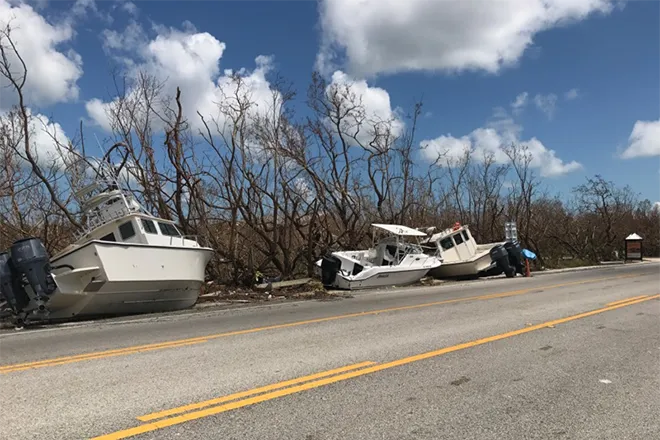
Clean air advocates urge EPA to set stronger rules for soot pollution
(Arkansas News Service) The Environmental Protection Agency is proposing tougher air-quality standards for soot pollution, and an Arkansas clean-air advocacy group says it's a step in the right direction.
Soot is fine particulate matter from power plants, vehicles and refineries, and the EPA wants to revise its National Ambient Air Quality Standards for soot.
Glen Hooks, policy manager for the group Audubon Delta, said the EPA proposal would reduce the maximum allowable amount of this type of pollution from 12 micrograms per cubic meter of air to nine or 10. He said Arkansas has five older, coal-burning power plants, and controlling their pollution output would improve public health outcomes and save lives.
"Communities that are near those power plants, those communities tend to have higher levels of asthma, they have higher levels of premature death," he said. "Particulate matter is the kind of thing that gets in your lungs and really causes health problems. And so, solving that problem - either by retiring coal-burning power plants in favor of cleaner energy solutions, or cleaning up the power plants that we do have - should be a priority for healthy communities."
The EPA said the plan reflects the latest health data and scientific evidence, but it is accepting feedback based on other suggestions as well. The agency held public hearings in February and is taking public comments until March 28.
Patrick Drupp, director of climate policy for the Sierra Club, said everyone has the right to breathe clean air, but that's being denied to a lot of people around the country. He noted that the agency's own Scientific Advisory Committee has recommended tougher standards.
"The EPA could save up to 20,000 lives per year, based on their own science, their own analysis," he said. "Adopting a more stringent standard, going from the low end of what they proposed, of 9, to what we're asking for, of no higher than 8, can save an additional 4,000 lives."
He added that 63 million Americans live in areas with unhealthy spikes of soot pollution, and 20-million live with dangerous levels year-round.

















